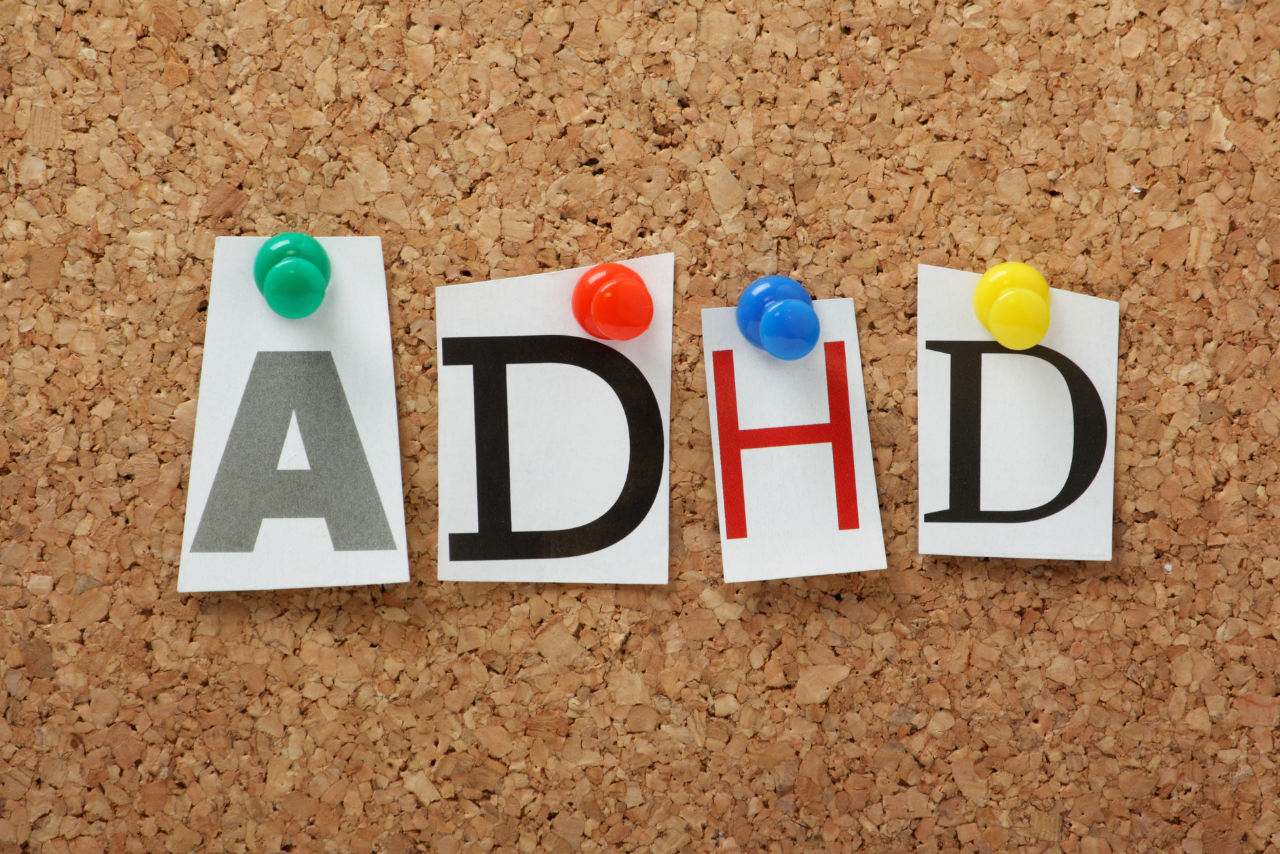
Yes, ADHD is considered a disability. Attention-deficit/hyperactivity disorder can be highly disruptive and potentially debilitating. But what type of disability is it?
What Is ADHD?
Attention-deficit/hyperactivity disorder (ADHD) is a mental health condition that is characterized by difficulties with focus, attention, and impulse control.
The fifth edition of the Diagnostic and Statistical Manual of Mental Disorders (DSM-5) classifies ADHD in the Neurodevelopmental Disorders section, alongside intellectual disability (intellectual developmental disorder), specific learning disorder, autism spectrum disorder (ASD), and several communication and motor disorders.
Symptoms of ADHD and other neurodevelopmental disorder usually begin to appear early in life, often before a child reaches school age.
Symptoms
The DSM-5 criteria for ADHD include two types of symptoms: inattention and hyperactivity/impulsivity. Some people with ADHD only have one type of symptom, while others have both types.
Symptoms in the inattention category include:
- Failing to pay attention to detail
- Making careless mistakes
- Having difficulty maintaining attention during tasks, lectures, conversations, or lengthy reading
- Appearing to not be listening when spoken to
- Not following through on instructions or completing assigned tasks
- Having problems remaining organized and on schedule
- Avoiding tasks that require sustained mental effort
- Frequently misplacing school or work materials, glasses, phones, keys, and other important items
- Being easily distracted
- Forgetting to pay bills, show up for appointments, finish chores, or return calls
On the hyperactivity/impulsivity side, symptoms include:
- Fidgeting, squirming, and/or leaving their seat when required to remain seated
- Frequently feeling restless
- Being unable to quietly engage in leisure activities
- Seeming to always be “on the go” and unable to remain in one place for an extended period
- Talking excessively
- Interrupting, blurting out answers, or being unable to wait their turn
- They intrude on conversations or activities without an invitation to participate.
Statistics
Though ADHD is often viewed as a disorder for children and adolescents, it can also affect adults. According to the National Institutes of Mental Health (NIMH):
- 11% of young people ages 4-17 have been diagnosed with ADHD.
- Within the 4-17 age group, ADHD diagnoses are more common among boys (15.1%) than among girls (6.7%).
- 4.4% of adults ages 18 and above are currently living with ADHD.
- The prevalence of ADHD is higher among adult men (5.4%) than among adult women (3.2%).

Is ADHD a Disability?
Untreated ADHD can undermine a person’s ability to form and maintain friendships, make appropriate progress in school or at work, and otherwise live a full and satisfying life.
Also, as noted earlier, ADHD shares a category in the DSM-5 with intellectual disability (intellectual developmental disorder) and specific learning disorder.
Does this mean that ADHD is a disability, a learning disorder, or some combination of the two?
One part of the question can be answered easily: According to the Learning Disabilities Association of American (LDAA), ADHD is not a learning disorder.
The Individuals with Disabilities Education Act (IDEA) may provide certain services to students with ADHD, but ADHD falls under the “Other Health Impaired” section, not the “Specific Learning Disabilities” section.
Answering the other part of the question, “Is ADHD as disability?” is a bit more complex. One key reason for this complexity is that different contexts define disability in different ways.
For example:
- Americans with Disabilities Act (ADA): ADHD is considered a disability ADA, a federal law in the U.S. that prevents disability-related discrimination in areas including employment, transportation, and access to government services. Among other protections, the ADA bans qualified companies from failing to hire or promote people due to mental health conditions such as ADHD, as long as the candidate or employee can perform all job duties with reasonable accommodations.
- Family Medical Leave Act (FMLA): Employees who are covered by the FMLA are eligible for unpaid time away from work to care for family members who have ADHD and other mental health conditions. For qualified employees, the FMLA allows up to 12 weeks of annual unpaid leave, along with the guarantee that their job or an equivalent position will be available upon they return to work.
- Social Security Administration (SSA): It’s possible that someone with ADHD could qualify for Social Security Disability Insurance (SSDI) or Supplemental Security Income (SSI), both of which are managed by the SSA. However, doing so is rare, and can be quite difficult. First, the individual must meet certain requirements regarding previous work (for SSDI) or financial limitations (for SSI). They must also prove that their ADHD symptoms severely limit their daily functioning and prevent them from retaining gainful employment.
So, is ADHD a disability? The U.S. federal government considers it possible, but different laws and programs require varying proof and assess the impact of a person’s symptoms differently to establish disability status.

Learn More About ADHD Treatment in Georgia
If you have been living with ADHD, please know that help is available and treatment can make a significant positive difference in your life. Atlanta Integrative Psychiatry offers personalized outpatient care for adults who have ADHD, other mental health concerns, and co-occurring substance use disorders (addictions).
At our ADHD treatment center in Atlanta, Georgia, you can receive customized care from compassionate professionals within a safe and highly supportive environment. We’ll work closely with you to identify the full scope of your needs, then develop an individualized plan with the therapies and support services that can help you achieve a healthier future.
To learn more or to schedule a free consultation, please visit our Appointments page or call us today.





